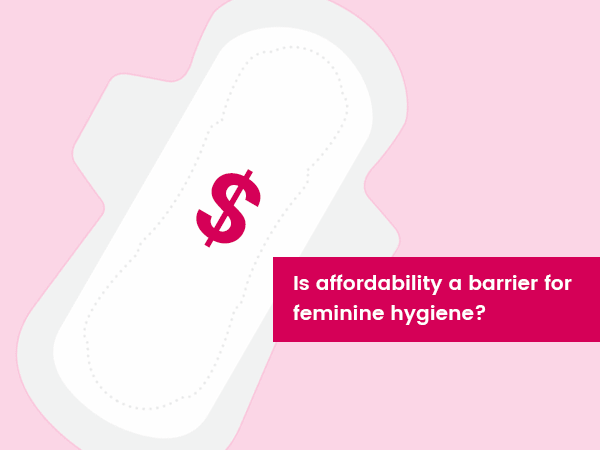In Zimbabwe, girls as young as eleven are using contraceptives to stop menstruation because they can’t afford to buy sanitary pads. This information came out during recent public hearings on health issues in the country and government’s adherence to its user fees policy in hospitals. The MP of the region went on to say, “It was very shocking after the public hearings when young girls came to me and said we are using contraceptives, but we are not sexually active,” she said in Harare.
“Young girls are using contraceptives because they can’t afford sanitary wear. They said if I buy one for a dollar in the streets, I know I am set for a month.”She added, “They said this is better than for them to go and buy sanitary pads or cotton wool which cost between $6 and $7.”
The MP also added,“We have eleven and twelve-year-olds now on contraceptives, not because they are actually sexually active but just to stop themselves from going on menstrual periods.” This practice is harming their reproductive health in the long run.
This situation is not only limited to Zimbabwe but prevails all around the world. Due to lack of facilities during menstruation, 41% girls in Nepal go absent from school or perform poorly. About 65% of women and girls in Kenya can’t afford sanitary pads. Coming back to home, at least 1 in 5 girls in India drop out of schools due to menstruation. The biggest barrier to using a sanitary napkin is affordability.
Around 70% of women in India say their family can’t afford to buy them. Girls in rural India miss up to eight days of study each school term because they are on their periods. This was due to lack of washrooms, lack of sanitary pads and bullying by peers. The 8 days on average translates into 11% of the total learning days in a year. It’s a school absence rate that is hard for a girl to make up for.
No matter where a girl grows up in the world, there’s a very good chance that she will be uneducated with endless myths and misconceptions about menstruation, as no bodily function- with the exception of childbirth, perhaps- is more universally misrepresented and ubiquitously tabooed. From where comes life, also comes your biggest source of shame.







,